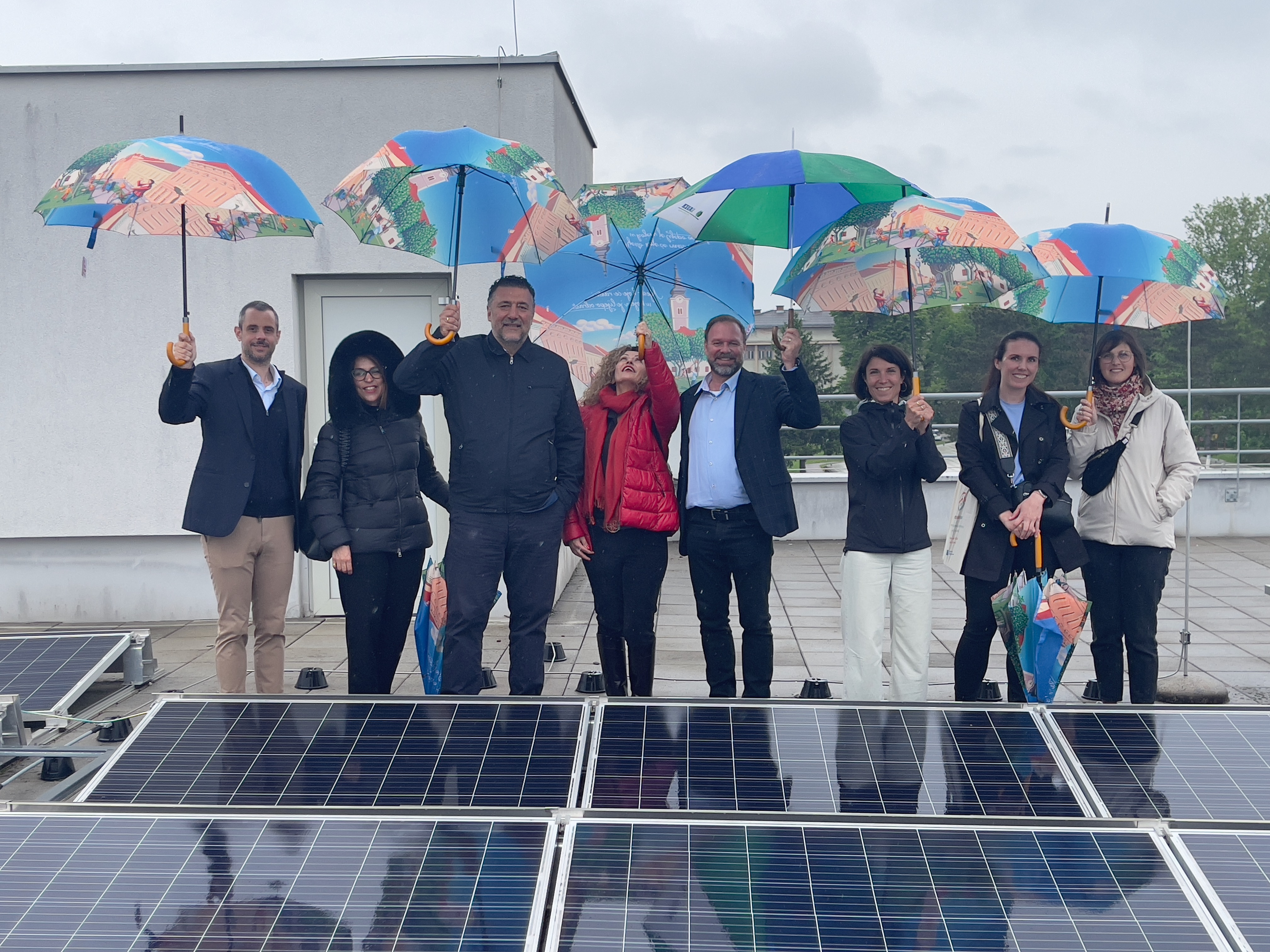Riga, November 2024
The first Baltic Platform EU Peers community meeting brought together experts, stakeholders, and project leaders from Estonia, Latvia, and Lithuania to discuss pressing challenges and opportunities in building renovation. The online event emphasised the importance of adopting scalable and sustainable renovation practices, particularly for multi-family buildings, while fostering regional collaboration.
Regional success stories
The discussions highlighted regional success stories, including Estonia’s “Life Heritage Homes” initiative and Vilnius’s “Let’s Renovate the City” project. Both programs showcase the potential of innovative approaches to building renovation that prioritise sustainability and community engagement. Participants also explored prefabricated renovation techniques and strategies for leveraging EU funding to drive impactful changes in the Baltic building sector.
Possibilities for greater regional collaboration
Central to the meeting was the call for greater regional collaboration. The members discussed introducing a proposal for an EU-funded project to foster peer-to-peer visits and knowledge exchange among Baltic countries, thereby establishing a robust platform for shared learning. Nicholas Stancioff, Chairman of the Building and Energy Conservation Bureau (ESEB) mentioned that representatives from the European Investment Bank (EIB) informally expressed interest in financing Baltic-wide renovation packages as a possible solution to scalability challenges and proposed including private financing mechanisms, such as pension fund investments, to expand funding opportunities.
The significance of community engagement
The event also highlighted the significance of community engagement in the renovation process. Projects like Vilnius’s “Share Green Deal” demonstrated how innovative approaches can actively involve residents, ensuring that renovations align with community needs. However, problems still exist, such as how losing people to cities affects the need for renovations in rural areas, how hard it is to make new technologies work with old buildings, and how hard it is to get money for beneficial community engagement and information-sharing activities.
Key contributors advancing renovation dialogue
Several contributors played prominent roles in advancing the dialogue. Nicholas Stancioff shared insights from Riga’s multi-family building renovation efforts, while Lina Bubulyte, an EU project manager from Vilnius, outlined the success of “Let’s Renovate the City.” Edgars Augustiņš, a specialist in renovating Soviet-era buildings with Renesco, and Kadri Kallast, manager of Estonia’s “Life Heritage Homes” project, brought valuable expertise. New team members, Joris and Lucas, joined from Vilnius, bolstering the region’s capacity for EU project management.
Roadmap for the next steps
The meeting concluded with a roadmap for the next steps. The community will explore regional EU-funded initiatives to enhance peer-to-peer knowledge exchange and identify upcoming events for greater visibility and collaboration. Participants also committed to exploring prefabricated renovation techniques and building confidence among suppliers to accelerate progress.
The Baltic Platform is preparing for its next meeting in early 2025. The gathering will focus on maintaining collaboration and advancing sustainable renovation practices to preserve and enhance the region’s building stock.
For continued updates and insights, visit the EU Peers Humhub platform and share feedback through the community survey.
Related Articles

New Funding Opportunity: Empower Citizen-Led Renovation Across Europe
.jpg)
Belgian-wide platform for practitioners launched!
Empower yourself by becoming a member of EU Peers Community of Practice!
Empower yourself by becoming a member of EU Peers Community of Practice!
Expand your knowledge, connect with other organisations, and scale up the sector of IHRS by joining the vibrant and evergrowing Community of Practice




